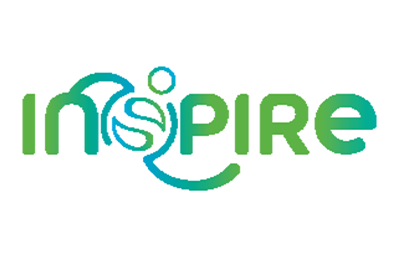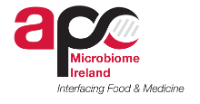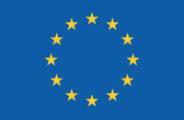Liam Fanning
Biography
Professor Liam Fanning has a Ph.D in molecular immunology (1992), National University of Ireland, Cork and is currently Professor in Immunovirology and director of the Molecular Virology Diagnostic and Research Laboratory, Department of Medicine at University College Cork, Ireland. He has published more than 100 peer-reviewed papers; h-index of 24. He established the molecular virology diagnostic and research laboratory [MVDRL] in UCC in 1996 on his return from a postdoctoral fellowship at the Department of Immunology, University of Toronto. The MVDRL is a multidisciplinary research laboratory focusing on host-pathogen engagement and immune pressures on viral genomes such as hepatitis C. In 2017, Professor Fanning was awarded a D.Sc. by the National University of Ireland in recognition of his contributions to immunovirology research. He is a Funded Investigator at the APC-Microbiome Ireland, UCC.
Prof. Fanning participates in APC Microbiome Ireland, a multidisciplinary research centre focusing on the role of gut microbiota in health and disease. He has established a new immune biome research group to address questions relating to immune engagement with the gut biome particularly bacteriophage, how and when seeding of an immune biome in colostrum takes place and the evolution of immune biome of early neonates. The research focus of Prof. Fanning’s group aims to understand the role played by antibody-associated-bacteriophage in shaping the microbiome, the neonatal enteric phageome and the adult immune biome. Gaining an understanding of how the immune biome is constituted and replenished has the potential to yield insights into immune biome dynamics in health and ill health.
Research Interests
Theme: Host-Microbe dialogue
SDGs: SDG 3 Research into the immune biome aligns with United Nations Sustainable Development goals 3 “Ensure healthy lives and promote well-being for all at all ages”. SDG 4 inspiring action to ensure inclusive and equitable quality education, promoting healthy lives and lifelong learning opportunities for all, transforming our world in a sustainable manner.
Research key words: Human and bovine immune biomes, Immune phagome, bacteriophage, colostrum, anti-phage antibodies, neonatal biome seeding, mucosal immunity
Publications
| Related publications detailing research approach to aligned questions in the context of Hepatitis C Virus Reverse epitope mapping of the E2 glycoprotein in antibody associated hepatitis C virus. Naik AS, Owsianka A, Palmer BA, O'Halloran CJ, Walsh N, Crosbie O, Kenny-Walsh E, Patel AH, Fanning LJ. PLoS One. 2017 May 30;12(5):e0175349. doi: 10.1371/journal.pone.0175349. eCollection 2017. PMID: 28558001 Free PMC article. |
| Humoral immune system targets clonotypic antibody-associated hepatitis C virus. Naik AS, Palmer BA, Crosbie O, Kenny-Walsh E, Fanning LJ. J Gen Virol. 2017 Feb;98(2):179-189. doi: 10.1099/jgv.0.000659. PMID: 28284234 |
| KIR2DS2 recognizes conserved peptides derived from viral helicases in the context of HLA-C. Naiyer MM, Cassidy SA, Magri A, Cowton V, Chen K, Mansour S, Kranidioti H, Mbiribindi B, Rettman P, Harris S, Fanning LJ, Mulder A, Claas FHJ, Davidson AD, Patel AH, Purbhoo MA, Khakoo SI. Sci Immunol. 2017 Sep 15;2(15):eaal5296. doi: 10.1126/sciimmunol.aal5296. PMID: 28916719 Palmer BA, Schmidt-Martin D, Dimitrova Z, Skums P, Crosbie O, Kenny-Walsh E, Fanning LJ. J Virol. 2015 Dec 30;90(7):3318-29. doi: 10.1128/JVI.02995-15. PMID: 26719263 Free PMC article. Conference submissions: Immune-Biome Profiling of the Enteric Virome. International Human Microbiome Consortium 2018. Abstract 394 Published_Abstracts_IHMC Immune virome of the gut. International Congress of Immunology. 2019. Oral abstract O080 O080 |




